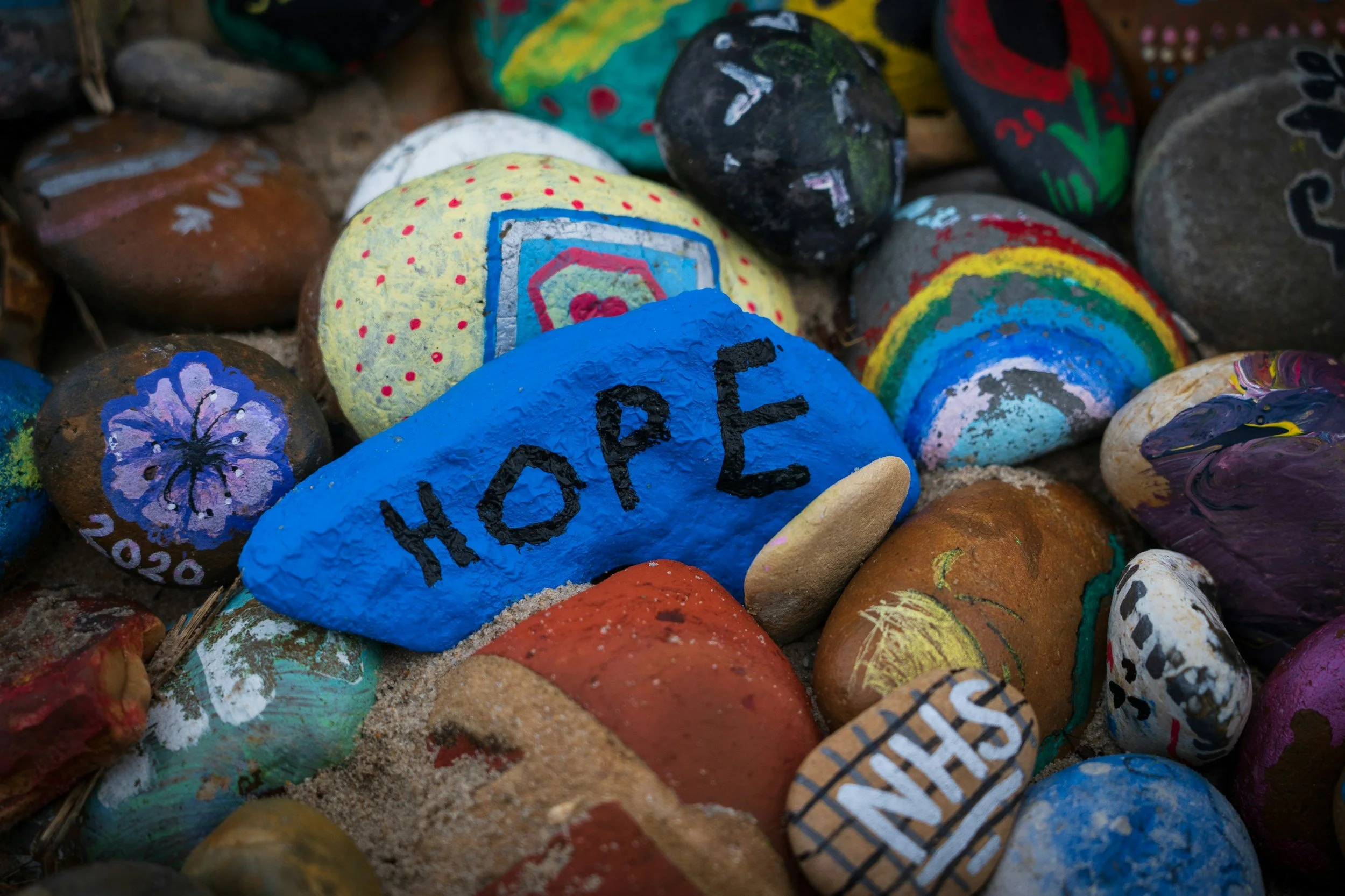What I Wish Every Public Health Student Knew Before Graduation
When I finished my studies, I assumed there was a clear path: get good marks, land a job, make a difference. But the reality is rarely that straightforward. Public health is a field shaped by nuance, relationships, and real-world complexity, and it took me years (and plenty of trial and error) to truly understand that. This isn’t a checklist for success. It’s a collection of lessons I’ve learned along the way - through setbacks, surprising opportunities, and the slow work of building a meaningful career. I hope they offer some clarity, encouragement, and direction as you take your next steps into the world of public health.
1. Your first job won’t define your career but it will shape it.
Don’t wait for the “perfect” job. Entry-level roles - whether in research, admin, NGOs, or health promotion - are stepping stones. What matters is that you’re in the room, learning, building skills, and connecting. Apply widely and think laterally - look at roles in councils, universities, NGOs, consultancies, and health services. Focus on skill-building, not titles.
2. The people you meet along the way really do matter.
My career has been shaped by relationships: mentors, supervisors, peers, and unexpected partnerships. If you’ve done a placement, research project, or even just had a great chat with a guest lecturer - follow up. Send that email. Let them know what you’re interested in. Public health is a surprisingly small world.
3. Be prepared before you finish.
Many jobs don’t wait for final grades. Have your CV ready, update your LinkedIn, and craft a short paragraph that explains what kind of work you want to do and what lights you up. It doesn’t have to be perfect, but clarity and confidence go a long way. Do a mock interview. Ask a friend or mentor to review your CV and give feedback. Bonus: write a short bio you can use for networking or cold emails.
4. Look outside the obvious.
Public health doesn’t just live in health departments. Amazing work happens in research centres, NGOs, councils, hospitals, startups, consultancies, international development, and even the private sector. Think about your skills - communication, evaluation, coordination, systems thinking - and where they could add value. Scan job boards like EthicalJobs, Impact Pool, university career portals, or NGO job sites. Save postings that interest you even if you're not ready to apply to help clarify your direction.
5. Contract work is common, and not a bad thing.
A lot of public health roles are project-based. That doesn’t mean you’re failing. It means you’re gaining experience, expanding your network, and figuring out what kind of work lights you up. Some of my most meaningful work started with short-term roles. If you land a contract role, ask to be added to internal staff networks, attend team meetings, and let people know you’re open to more work. Visibility matters.
6. Stay connected to the field.
Even if you’re between jobs or waiting for your first break, find ways to stay engaged. Join a professional network, attend a webinar, volunteer with a local health initiative. Each step builds momentum.
7. Most importantly - know that we need you.
Whether you’re drawn to climate and health, infectious disease, health equity, mental health, or advocacy - we need your energy, your ideas, and your compassion. The problems are big, but so is the power of people working together for change.
